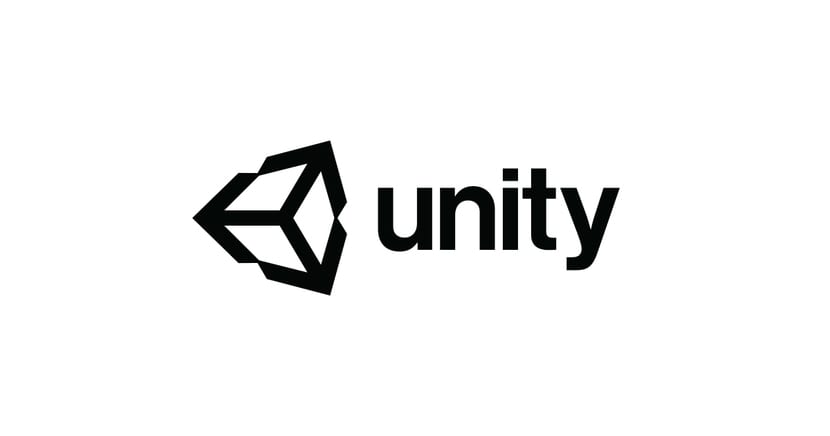
Unity is a multiplatform video game engine created by Unity Technologies. Unity is available as a development platform for Microsoft Windows, OS X, Linux. The development platform has compilation support with different types of platforms.
Unity can be used in conjunction with Blender, 3ds Max, Maya, Softimage, Modo, ZBrush, Cinema 4D, Cheetah3D, Adobe Photoshop, Adobe Fireworks, and Allegorithmic Substance. Changes made to objects created with these products are automatically updated on all instances of that object throughout the project without the need to manually re-import.
The graphics engine use OpenGL (on Windows, Mac, and Linux), Direct3D (on Windows only), OpenGL ES (on Android and iOS), and proprietary interfaces (Wii).
It has support for mappingor bump, reflection mapping, parallax mapping, screen space ambient occlusion, dynamic shadows using shadow maps, texture rendering, and full screen post-processing effects.
The ShaderLab language is used for shader creation, similar to Cg / CgFx and DirectX HLSL Effects (.Fx).
Shaders can be written in three different ways: as Surface shaders, as Vertex and Fragment shaders, or as fixed-function shaders.
A shader can include multiple variants and a spare declarative specification, allowing Unity to detect the best variant for the current video card and if they are not supported, fall back on an alternative shader that may sacrifice features for greater compatibility.
Integrated support for Nvidia (formerly Ageia), PhysX physics engine, (as of Unity 3.0) with realtime support for arbitrary and skinless meshes, thick ray casts, and collision layers.
Unity officially comes to Linux
Y after several years of Unity releasing an experimental and unofficial version in 2015 from your game editor Targeting Linux, official Linux support finally arrives.
Thanks to this initiative, it is now possible to create video games directly from Linux and implement the final product on all other platforms.
Due to the increasing number of developers using this experimental version and the increasing demand from users of the 3D Unity engine in the film and automotive, manufacturing (ATM) and transportation sectors, the team in charge of this.
The project has announced that it now plans to officially support the Unity editor for Linux. Project leaders ensure that this new Unity editor for Linux "brings real-time benefits to a whole new platform."
The new iteration of the Unity editor for Linux is currently available in preview with a preview implementation for Ubuntu systems (16.04 and 18.04) and version 7 of CentOS.
It is available to all personal (free), Pro and Plus users of Unity 2019.1. But before opening your projects through the Linux editor, make sure that the third-party tools you use also support this feature.
The team in charge of the project wants to focus for the moment on the robustness and stability of its editor for Linux, so it gives priority to the official support of the following configurations:
- x86-64 architectures
- Gnome desktop environment runs on X11 window system
- Official Nvidia and AMD Mesa graphics drivers
- Desktop PC form factor, running on device / hardware without an emulation or compatibility layer.
It is currently available in preview, and we are interested in collecting your feedback in our Unity editor for the Linux forum. We hope it is fully compatible with Unity 2019.3.
How to install Unity gaming bike on Linux?
With the official admission of the bike, we can download the AppImage file from the official website.
Or from a terminal we can obtain it, for this we are going to open one in our system and type the following command:
wget https://public-cdn.cloud.unity3d.com/hub/prod/UnityHubSetup.AppImage
We give permits, with:
sudo chmod +x UnityHubSetup.AppImage
And we install by double clicking on the file or from the terminal by executing:
./UnityHubSetup.AppImage
A very limited support but you start with something. I am particularly interested in GNOME DE as a requirement.